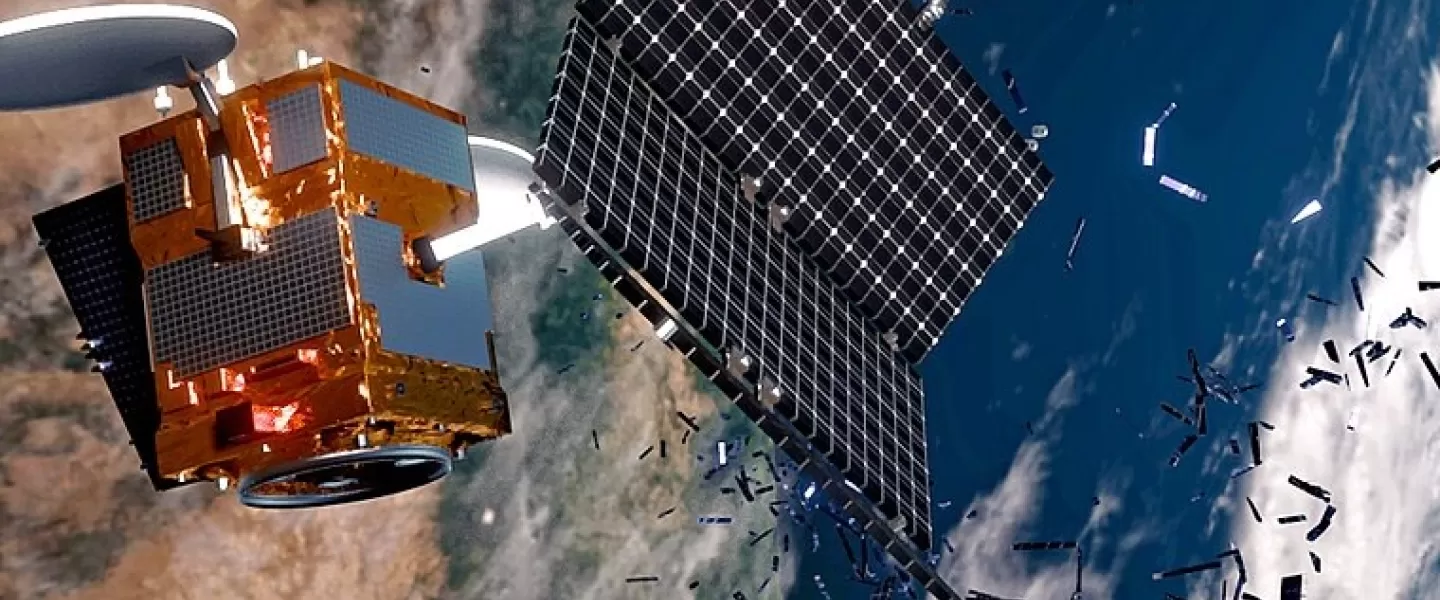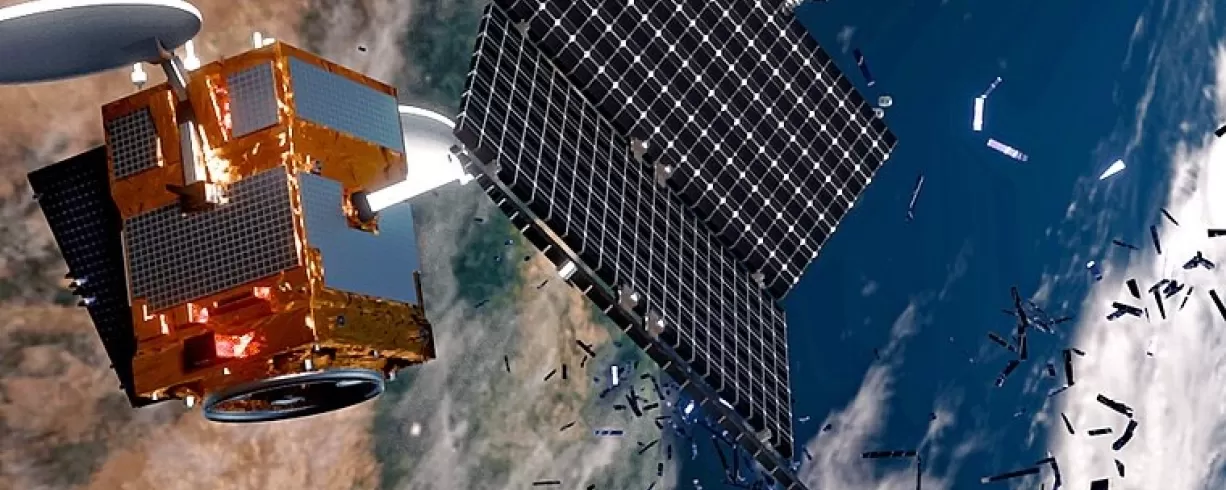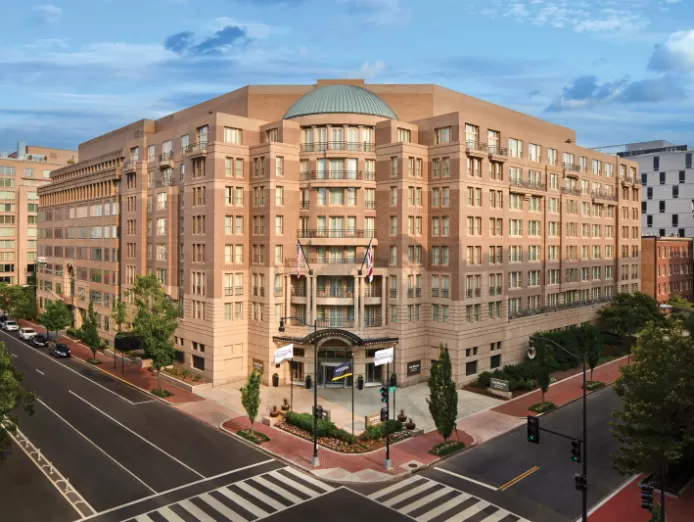Profs and Pints DC presents: “Dealing with Space Debris,” on efforts to monitor and clean up the junk we’ve left orbiting Earth, with Mark Skinner
Profs and Pints DC presents: “Dealing with Space Debris,” on efforts to monitor and clean up the junk we’ve left orbiting Earth, with Mark Skinner, former Penn State University astrophysicist and current senior project manager for space traffic management for the Aerospace Corporation.
Over the course of the Space Age we’ve launched thousands of objects into space for scientific research, exploration, and national security reasons. Many have remained in space past their functional lifetime, causing earth to be orbited by millions of defunct dead satellites, rocket bodies, and various remnants of such equipment—what we refer to as “space debris” or “space junk.” It poses a hazard to space missions and, in reentering our atmosphere, us here on Earth.
Blast off to the world of those focused on monitoring and mitigating the risks from space debris with Mark Skinner, an internationally recognized expert on the subject whose decades of research and experience include several years at the Maui Space Surveillance Complex.
In a talk co-sponsored by the Washington D.C. chapter of the Explorers Club, Dr. Skinner will give an overview of the many types of debris floating around out there, which include not just spent rocked bodies and the remains of dead satellites, but also astronauts’ tools, old rocket fuel, liquid metal nuclear reactor coolant, and objects as small and mundane as paint flakes.
He’ll talk about how what we’ve sent into space went from useful to junk, with anti-satellite weapons, internal explosions, and collisions between what’s out there all playing a role. We’ll assess the threat that space debris poses to life and property, both in space and on the ground, and see pictures of man-made objects that have returned to Earth and clearly would have done serious damage to anyone beneath them.
You’ll learn about national and international efforts to monitor space debris and the various government agencies, private companies, telescopes, radars, satellites, and sensor networks involved in the task. We’ll look at efforts to mitigate the problem, which include agreements to de-orbit spent satellites or otherwise prevent debris creation and to make satellites more visible. (Advance tickets: $13.50 plus sales tax and processing fees. Doors: $17, or $15 with a student ID. Listed time is for doors. The talk starts 30 minutes later.)
Image: A 2017 European Space Agency illustration of a satellite breaking up in orbit.





